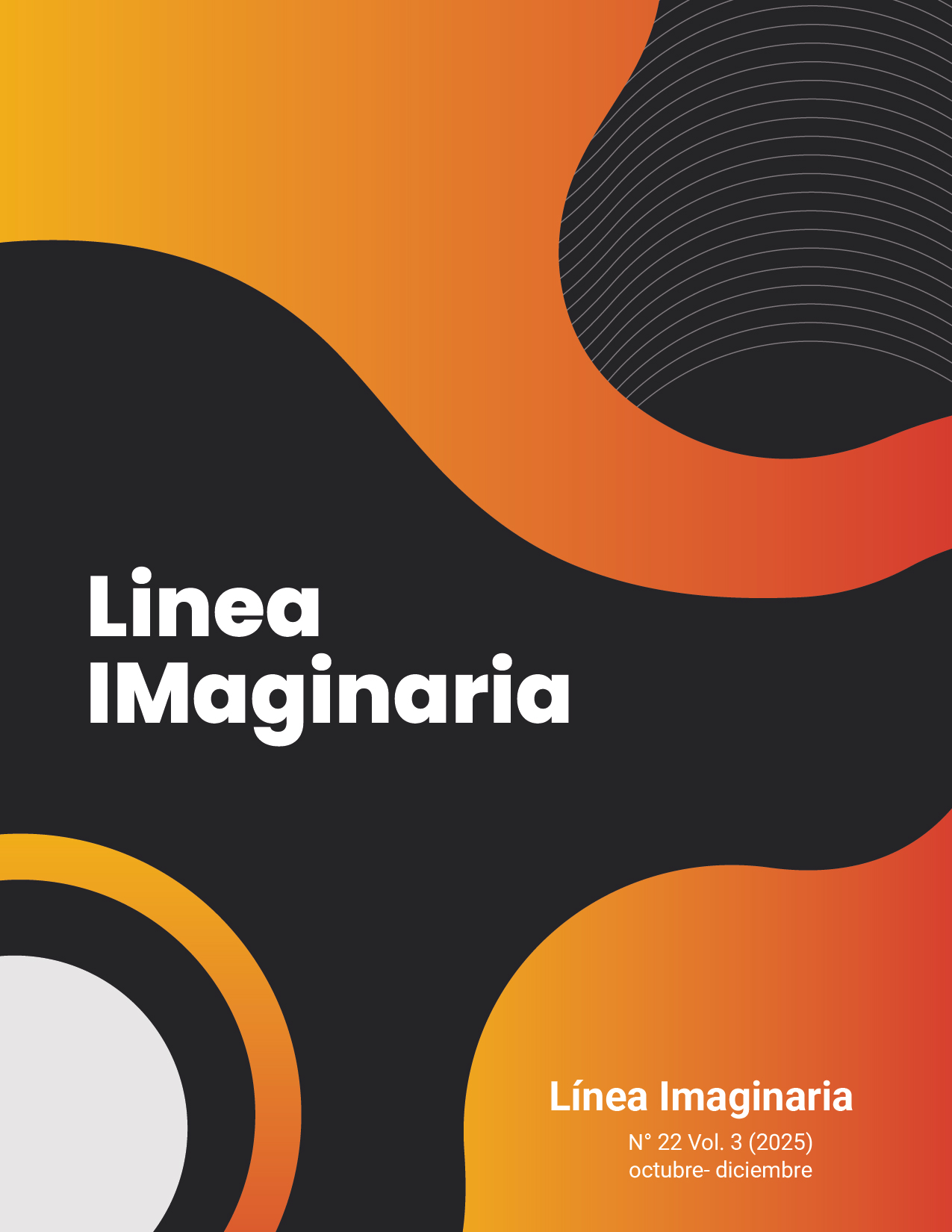EPISTEMOLOGICAL MODELS AND CURRICULAR ADAPTATION STRATEGIES FOR THE INCORPORATION OF THE EMOTIONAL INTELLIGENCE COURSE IN LATIN AMERICAN EDUCATIONAL
DOI:
https://doi.org/10.56219/lneaimaginaria.v3i22.4656Keywords:
Emotional intelligence, curriculum, epistemological models, Latin American education, human developmentAbstract
This paper takes a deep dive into the epistemological foundations supporting the inclusion of Emotional Intelligence Education (EIE) in the Latin American curriculum, spanning from preschool through secondary education. Through a thorough theoretical and analytical documentary review, it makes the case that emotional education should be woven into the fabric of school curricula as a key element to foster human development, democratic coexistence, and educational equity. The study brings together various models—constructivist, sociocultural, humanistic, and complex thought—and offers strategies for adapting the curriculum at different educational levels, while also reflecting on the pedagogical implications within the Colombian context.
Downloads
References
Banco Mundial. (2022). Reimaginar la educación: Invertir en capital humano para el desarrollo sostenible en América Latina y el Caribe. https://www.bancomundial.org/es/topic/education
Bar-On, R. (2006). The Bar-On model of emotional-social intelligence (ESI). Psicothema, 18(1), 13–25. https://www.psicothema.com/pdf/3271.pdf
Bisquerra, R. (2003). Educación emocional y competencias básicas para la vida. Revista de Investigación Educativa, 21(1), 7–43. https://revistas.um.es/rie/article/view/99071
Bruner, J. (1986). Actual minds, possible worlds. Harvard University Press. https://doi.org/10.4159/9780674029019
CEPAL & UNESCO. (2020). La educación en tiempos de la pandemia de COVID-19. Naciones Unidas. https://repositorio.cepal.org/handle/11362/45904
Durlak, J. A., et al. (2011). The impact of enhancing students’ social and emotional learning. Child Development, 82(1), 405–432.
Fernández-Berrocal, P., & Extremera, N. (2018). La inteligencia emocional y la educación de las emociones desde el modelo de Mayer y Salovey. Revista de Educación Emocional y Bienestar, 4(2), 17–32. https://doi.org/10.6018/reifop.21.2.331621
Freire, P. (1970). Pedagogía del oprimido. Siglo XXI Editores.
Gardner, H. (2001). La inteligencia reformulada: Las inteligencias múltiples en el siglo XXI. Paidós.
Goleman, D. (1995). Emotional intelligence: Why it can matter more than IQ. Bantam Books.
López-Cassà, E. (2011). Competencia emocional: Concepto, evaluación e intervención. Revista de Educación Emocional, 6(3), 12–25. https://doi.org/10.13140/RG.2.1.3351.1121
Maslow, A. (1970). Motivation and personality (2ª ed.). Harper & Row.
Matthews, G., Zeidner, M., & Roberts, R. (2004). Emotional Intelligence: Science and Myth.
Mayer, J. D., & Salovey, P. (1997). What is emotional intelligence? In P. Salovey & D. Sluyter (Eds.), Emotional development and emotional intelligence: Educational implications (pp. 3–31). Basic Books.
Mayer, J. D., Roberts, R. D., & Barsade, S. (2008). Human abilities: Emotional intelligence. Annual Review of Psychology, 59, 507–536.
Ministerio de Educación Nacional de Colombia (MEN). (2020). Política nacional de convivencia escolar y formación para la ciudadanía. https://www.mineducacion.gov.co
Morín, E. (2001). Los siete saberes necesarios para la educación del futuro. UNESCO. https://unesdoc.unesco.org/ark:/48223/pf0000117740Organización para la Cooperación y el Desarrollo Económicos (OCDE). (2020). El futuro de la educación y las competencias 2030. OCDE Publishing. https://www.oecd.org/education/2030-project/
Organización de las Naciones Unidas para la Educación, la Ciencia y la Cultura (UNESCO). (2021). Reimaginar juntos nuestros futuros: Un nuevo contrato social para la educación. UNESCO Publishing. https://unesdoc.unesco.org/ark:/48223/pf0000379707
Organización para la Cooperación y el Desarrollo Económicos (OCDE). (2020). El futuro de la educación y las competencias 2030. OCDE Publishing. https://www.oecd.org/education/2030-project/
Petrides, K. V., et al. (2007). Trait Emotional Intelligence. European Journal of Personality, 21(2), 163–184.
Piaget, J. (1972). Psychology and pedagogy. Penguin Books.
Rogers, C. (1983). Freedom to learn for the 80s. Merrill.
Tomlinson, C. A. (2005). The differentiated classroom: Responding to the needs of all learners. ASCD.
UNESCO. (2015). Rethinking education: Towards a global common good? UNESCO Publishing. https://unesdoc.unesco.org/ark:/48223/pf0000232555
UNESCO. (2021). Education for sustainable development: A roadmap. UNESCO Publishing. https://unesdoc.unesco.org/ark:/48223/pf0000374802
Vygotsky, L. S. (1978). Mind in society: The development of higher psychological processes. Harvard University Press.
Downloads
Published
How to Cite
Issue
Section
License

This work is licensed under a Creative Commons Attribution-NonCommercial-ShareAlike 4.0 International License.
La revista Línea Imaginaria conserva los derechos patrimoniales (copyright) de las obras publicadas, que favorece y permite la reutilización de los mismos bajo la licencia Creative Commons Atribución-NoComercial-CompartirIgual 4.0 , por lo cual se pueden copiar, usar, difundir, transmitir y exponer públicamente, siempre que se cite la autoría y fuente original de su publicación (revista, editorial, URL y DOI de la obra), no se usen para fines comerciales u onerosos y se mencione la existencia y especificaciones de esta licencia de uso. Si remezcla, transforma o crea a partir del material, debe distribuir su contribución bajo la misma licencia del original.













